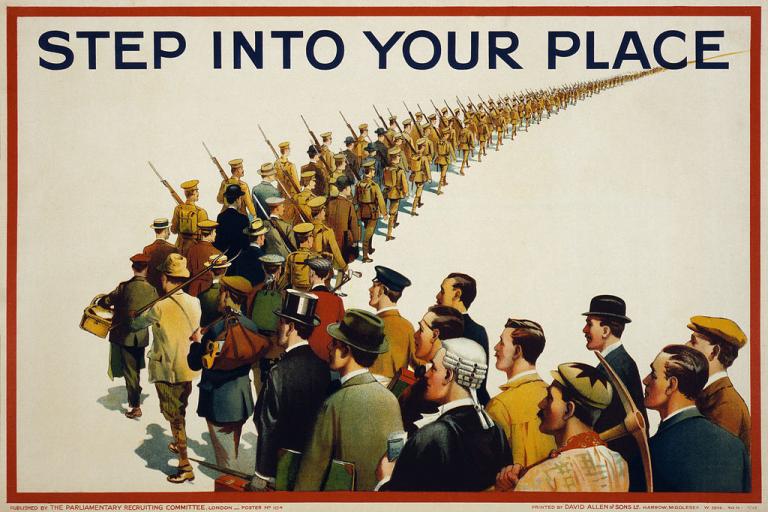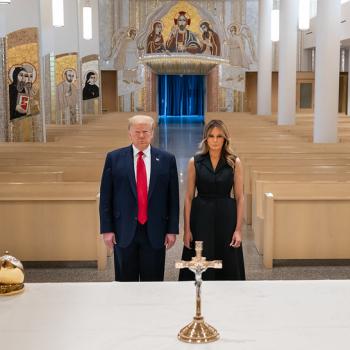The main threat to religious liberty today is not the government. Rather, it is the culture. In the United States, the law is not likely to restrict your religious beliefs or practices. Rather, the restrictions will come from the cultural pressure to conform.
If the parents are so outraged at the church’s teachings about sex, why did they send their kids to a church school? Here French makes some observations that apply far beyond this particular case:
American churches and religious institutions are often laden with members who don’t truly share doctrinal beliefs. This is a particular problem in religious schools. They appreciate the good SAT scores, the safe environment, and the kind teachers. They love the service opportunities, the sense of community, and the small class sizes. They’re willing to tolerate chapel and Bible classes if it means a better childhood for their kids.
Until, that is, the going gets the least bit tough. Then, in spite of the fact that the school’s religious identity has been open and obvious from day one, they’ll claim to be shocked at the alleged intolerance.
French goes on:
There is a persistent belief among church-goers that a person should be able to get all the benefits of Christian community without any of the doctrines that make religion unpalatable to modern moral fashion. That’s in essence the mission statement of Mainline Protestantism.
And it simply doesn’t work. The Christian community and Christian service that people love are ultimately inseparable from the entirety of the Christian faith that spawned them. Carve out the doctrines that conflict with modern morals and you gut the faith. When you gut the faith, you ultimately gut the church.
French says that this phenomenon is occurring even within conservative churches. Some liberal Christians flee the dying mainline churches for more satisfying orthodox congregations, but they still keep their liberal beliefs! They then try to bring those beliefs–the very ones that killed their original church homes–into their new conservative congregations!
I don’t know that I’ve experienced that particular problem. Have you?
At any rate, it is clear that culture, not government, as such, is the real threat to religious freedom (that is, the ability of religious people to follow the tenets of their religion freely, without being punished for it). Similarly, in countries where Christians are being persecuted, the persecution is mostly coming from mobs and individual haters. Persecution is not the official policy or law of India, Egypt, or Indonesia, despite the number of Christians who are being martyred in those countries. (The exception is Communist countries–China, North Korea, Cuba–which do persecute religious people as a matter of law and policy.)
Not that American Christians are suffering on that scale, but we may have mobs of a different kind, trying to suppress what we believe and practice, and trying to punish us for our convictions.
The real danger for us is not that Christians will be harmed, but that Christians will give in.
Christians are part of the culture and feel the same cultural undertows. The cultural threats to religious liberty comes not just from the outside, but from the inside, as church members–who are also card-carrying members of their culture–come to agree with the spirit of the age, as opposed to the Holy Spirit.
Illustration: UK World War I poster (1915) by Parliamentary Recruiting Committee. Lithograph by David Allen & Sons Ld., Harrow, Middlesex [Public domain], via Wikimedia Commons













